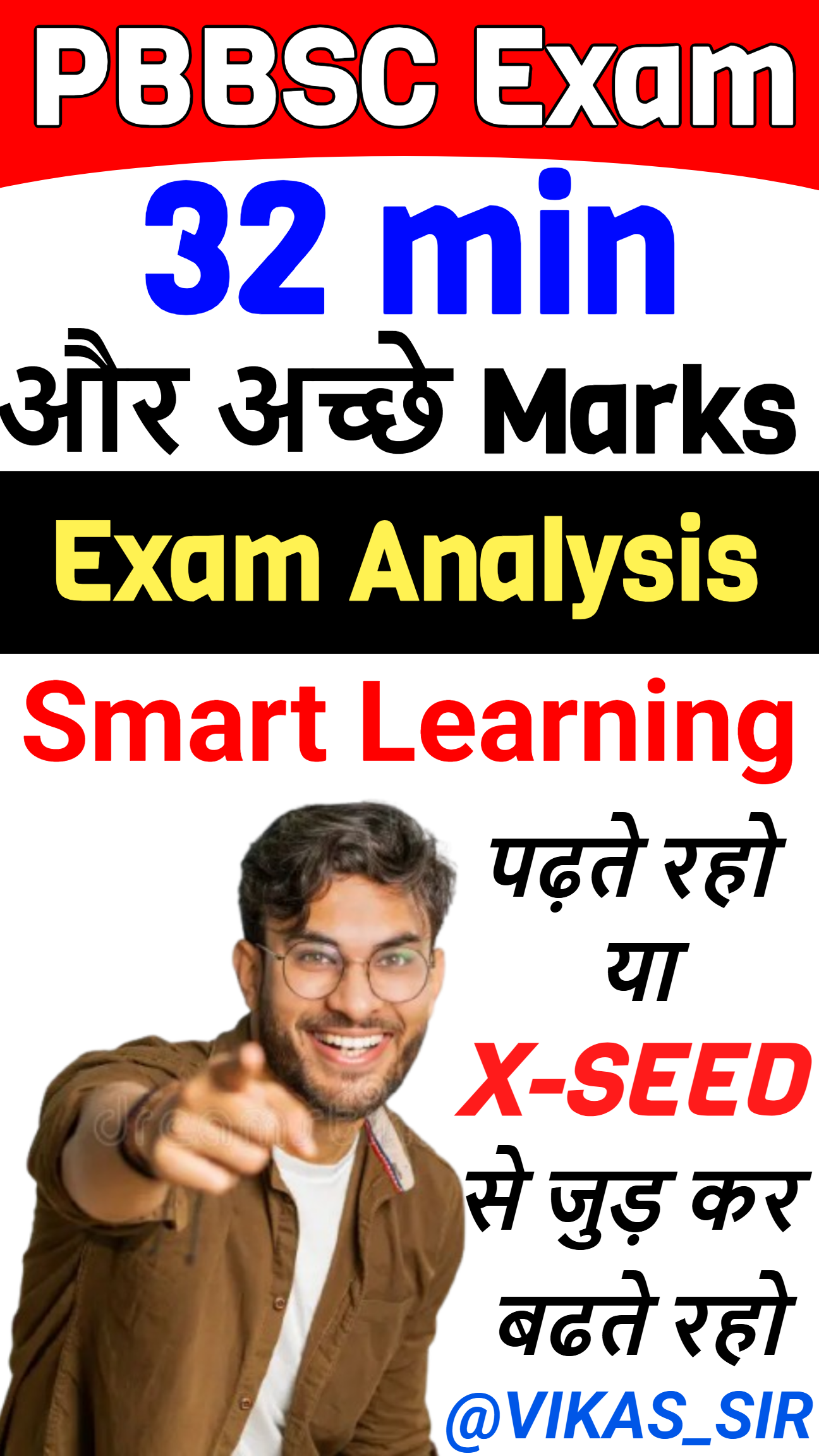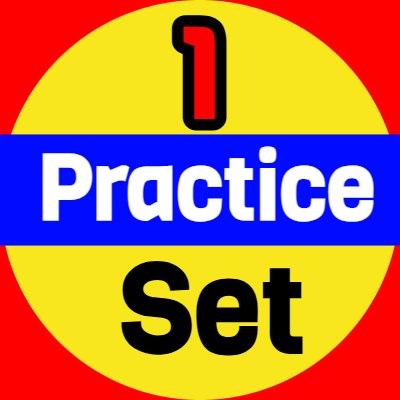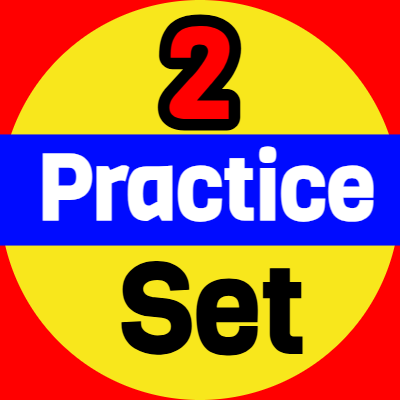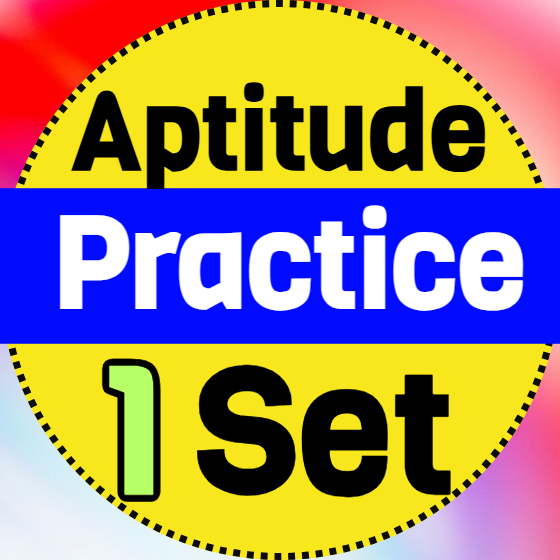Syllabus Nursing and Paramedical Entrance 2026 | New Batch - BSc Nursing Entrance
Here's a comprehensive description of the Nursing Entrance Exam Syllabus and Exam Pattern, suitable for your website. This covers the general structure for BSc Nursing entrance exams in India, which are typically based on 10+2 science syllabus.
Nursing Entrance Exam Syllabus & Exam Pattern: Your Complete Guide
Embarking on a rewarding career in nursing starts with successfully clearing the entrance examination. Understanding the syllabus and exam pattern is the first crucial step towards effective preparation. While specific details may vary slightly across different universities and institutions (like AIIMS, JIPMER, various State CETs), the core subjects and general structure remain consistent. Here's a detailed overview:
Nursing Entrance Exam Syllabus
The B.Sc. Nursing entrance exam syllabus primarily covers topics from the 10+2 (Intermediate) level, with a strong emphasis on Science subjects (Physics, Chemistry, Biology). Additionally, sections on English Language and General Knowledge/Aptitude are commonly included to assess a candidate's overall readiness.
1. Physics:
-
Mechanics: Units and Measurements, Motion in a Straight Line, Laws of Motion, Work, Energy and Power, Gravitation, Systems of Particles and Rotational Motion.
-
Properties of Matter: Mechanical Properties of Solids and Fluids, Thermal Properties of Matter, Thermodynamics, Kinetic Theory.
-
Waves & Optics: Oscillations and Waves, Ray Optics and Optical Instruments, Wave Optics.
-
Electricity & Magnetism: Electric Charges and Fields, Electrostatic Potential and Capacitance, Current Electricity, Moving Charges and Magnetism, Magnetism and Matter, Electromagnetic Induction, Alternating Current, Electromagnetic Waves.
-
Modern Physics: Dual Nature of Radiation and Matter, Atoms, Nuclei, Electronic Devices.
2. Chemistry:
-
Physical Chemistry: Some Basic Concepts of Chemistry, Structure of Atom, Classification of Elements and Periodicity in Properties, Chemical Bonding and Molecular Structure, States of Matter, Thermodynamics, Equilibrium, Redox Reactions, Hydrogen, s-Block Elements, p-Block Elements (Group 13 & 14).
-
Inorganic Chemistry: p-Block Elements (Group 15-18), d- and f-Block Elements, Coordination Compounds.
-
Organic Chemistry: Organic Chemistry – Some Basic Principles and Techniques, Hydrocarbons, Haloalkanes and Haloarenes, Alcohols, Phenols and Ethers, Aldehydes, Ketones and Carboxylic Acids, Organic Compounds containing Nitrogen, Biomolecules, Polymers, Chemistry in Everyday Life.
3. Biology (Botany & Zoology):
-
Diversity of Living Organisms: The Living World, Biological Classification, Plant Kingdom, Animal Kingdom.
-
Structural Organisation in Plants and Animals: Morphology of Flowering Plants, Anatomy of Flowering Plants, Structural Organisation in Animals.
-
Cell: Structure and Functions: Cell – The Unit of Life, Biomolecules, Cell Cycle and Cell Division.
-
Plant Physiology: Transport in Plants, Mineral Nutrition, Photosynthesis in Higher Plants, Respiration in Plants, Plant Growth and Development.
-
Human Physiology: Digestion and Absorption, Breathing and Exchange of Gases, Body Fluids and Circulation, Excretory Products and their Elimination, Locomotion and Movement, Neural Control and Coordination, Chemical Coordination and Integration, Human Reproduction, Reproductive Health.
-
Genetics and Evolution: Principles of Inheritance and Variation, Molecular Basis of Inheritance, Evolution.
-
Biology and Human Welfare: Human Health and Disease, Microbes in Human Welfare.
-
Biotechnology: Biotechnology – Principles and Processes, Biotechnology and its Applications.
-
Ecology and Environment: Organisms and Populations, Ecosystem, Biodiversity and Conservation, Environmental Issues.
4. English Language:
-
Grammar: Tenses, Articles, Prepositions, Conjunctions, Subject-Verb Agreement, Voice (Active/Passive), Direct/Indirect Speech.
-
Vocabulary: Synonyms, Antonyms, One-Word Substitution, Idioms and Phrases.
-
Reading Comprehension: Ability to understand and interpret given passages.
-
Sentence Correction/Rearrangement: Identifying grammatical errors and arranging jumbled sentences.
5. General Knowledge / General Aptitude:
-
Current Affairs: National and International events, awards, significant happenings.
-
Static GK: Indian History, Geography, Indian Polity, Economy, important dates and full forms.
-
Basic Computer Knowledge: Fundamentals of computers, common applications.
-
Logical Reasoning: Series, analogies, coding-decoding, blood relations, directions, etc.
-
Numerical Ability: Basic arithmetic, percentages, ratio and proportion, time and work, profit and loss.
-
Healthcare Awareness: Basic knowledge about health organizations (WHO, UNICEF), National Health Programs, Nursing history (e.g., Florence Nightingale), common diseases.
Nursing Entrance Exam Pattern
While the exact pattern can vary, most B.Sc. Nursing entrance exams in India follow a similar structure:
-
Mode of Exam: Can be Online (Computer-Based Test - CBT) or Offline (Pen & Paper-Based), depending on the conducting authority.
-
Type of Questions: Primarily Multiple Choice Questions (MCQs). Each question will have four options, and you need to choose the correct one.
-
Number of Questions: Typically ranges from 100 to 200 questions.
-
Total Marks: Varies as per the number of questions and marking scheme (e.g., 100, 120, 200 marks).
-
Duration of Exam: Usually 2 to 2.5 hours (120 to 150 minutes).
-
Language Medium: Primarily English. Some state-level exams might offer regional languages as well.
-
Marking Scheme:
-
Correct Answer: Generally, +1 mark or +4 marks for each correct answer.
-
Negative Marking: Most exams have negative marking (e.g., -1/3rd or -1/4th of the marks allotted for a correct answer for every incorrect attempt). Be careful with this! Unattempted questions usually have no penalty.
-
-
Sections: The paper is divided into sections for Physics, Chemistry, Biology, English, and General Knowledge/Aptitude. The weightage of each section can vary.
-
Science subjects (PCB) often carry the highest weightage.
-
General Knowledge and English sections typically have fewer questions.
-
Common Exam Pattern Examples (Illustrative):
-
AIIMS B.Sc. (Hons.) Nursing:
-
Physics: 30 Questions
-
Chemistry: 30 Questions
-
Biology: 30 Questions
-
General Knowledge: 10 Questions
-
Total: 100 Questions, 100 Marks (1 mark per correct answer, -1/3 for wrong)
-
Duration: 120 minutes (2 hours)
-
-
State-Level Entrance Exams (General Model):
-
Physics, Chemistry, Biology: ~30-40 questions each
-
English: ~10-20 questions
-
General Knowledge/Aptitude: ~10-20 questions
-
Total: ~100-150 questions (Marking scheme varies)
-
Key Preparation Tips:
-
Understand Your Specific Exam: Always check the official notification for the particular nursing entrance exam you are targeting (e.g., AIIMS, NEET (if applicable for nursing in a specific year/state), state CETs) for the precise syllabus and exam pattern.
-
NCERT Focus: Thoroughly revise your Class 11th and 12th NCERT textbooks for Physics, Chemistry, and Biology. They form the foundation for most entrance exams.
-
Practice MCQs: Solve a large number of multiple-choice questions to improve speed and accuracy.
-
Mock Tests: Regularly attempt full-length mock tests to simulate exam conditions, identify your weak areas, and manage your time effectively.
-
Time Management: Develop a strong time management strategy for the exam day. Allocate time wisely to each section.
-
Stay Updated: For the General Knowledge section, keep up with current affairs and basic healthcare news.
Our coaching program at BScNursingEntrance.com is designed to cover this comprehensive syllabus and prepare you thoroughly for the exam pattern, ensuring you are confident and ready to achieve your dream of becoming a nurse. Join our new batch for Medical & Paramedical Entrance 2026 and take the first step towards a successful healthcare career!
Copy from chatgpt





.png)

